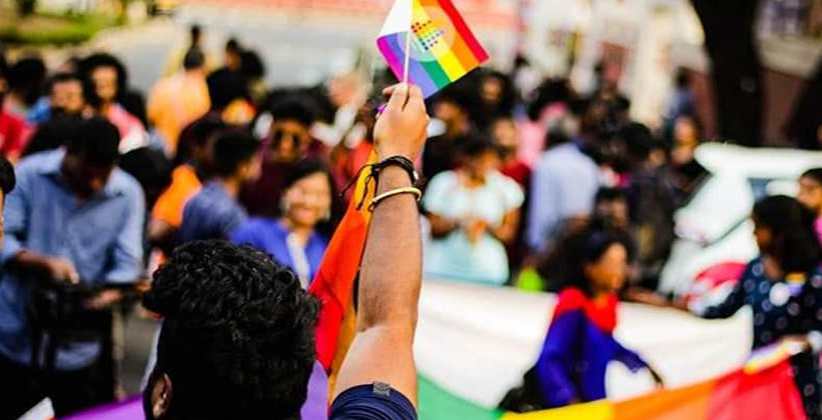On Monday, 13th July 2020 a new draft was issued after the ministry of social justice and empowerment sought suggestions to the draft rules of the Transgender Persons (Protection of Rights) Act 2020 that offered 30 days period to submit further suggestions and objections.
The new draft includes changes which were submitted by members and activists of the transgender community in May, 2020, including the definition of discrimination based on the internationally recognized human rights proposition laid down by the Yogyakarta Principle, a provision on equal opportunities in employment, and formulation of State and Central schemes on social security, health and welfare for trans communities.
It also offers a list of suggested welfare schemes such as health, education, housing, welfare schemes, and economic support. Some of the suggestions included providing zero-interest and other micro-finance schemes, employment guarantee schemes such as Mahatma Gandhi National Rural Employment Guarantee Scheme, universal access to food security schemes, free gender affirmative surgery, old age homes and shelters for at-risk transgender youth.
Grace Banu, Tamil Nadu based Trans and Dalit rights activist said, We need a reservation, and without it any guarantee of protection is empty. But the drafts rules dont even mention a word of reservation.
The new draft has removed the previous provision to penalize false declaration to obtain a certificate of identity and further defined decriminalization as: Any distinction, exclusion or restriction on the basis of gender identity and expression, which was the purpose of impairing or nullifying the recognition, enjoyment or exercise, on an equal basis with others, of all human rights and fundamental freedoms in the political, economic, social, cultural, civil or any other field and includes all forms of discrimination, including denial of reasonable accommodation.
The draft has however not stated to differentiate between the transgender identity and the male or female identity. The former required submission of a form, the latter would require proof of medical intervention to change gender.
The 2014 SC Verdict, National Legal Services Authority (Nalsa) Vs Union of India, granted that transgender should be stated through self-identification and that government cannot ask for any medical certification.
Bittu Kondaiah, an Assistant Professor at Ashoka University, New Delhi said The new draft rules have made minor modifications in response to our considerable suggestions, but they retain the core of the Act which strips us of the right to Self-determination and self-recognition that Nalsa granted. The bill continues to rely on medical interventions to grant binary gender identities.
There was a meeting through video conferencing from members of the community around the country to build consensus on modifications and additions to the first draft which was released earlier this year and was required to be submitted by 18th May.
There were different organizations like SAATHII, United Nations Development Programme which are working towards health and social welfare sessions with trans persons from around the country to help formulate the feedback to the draft rules.






